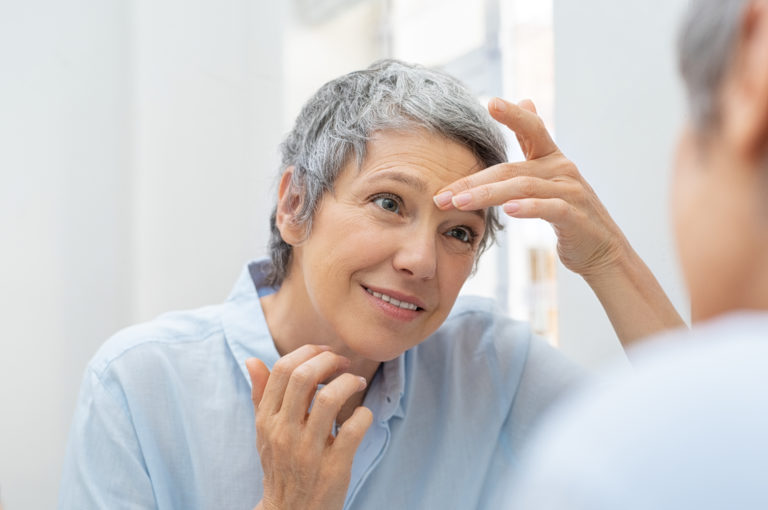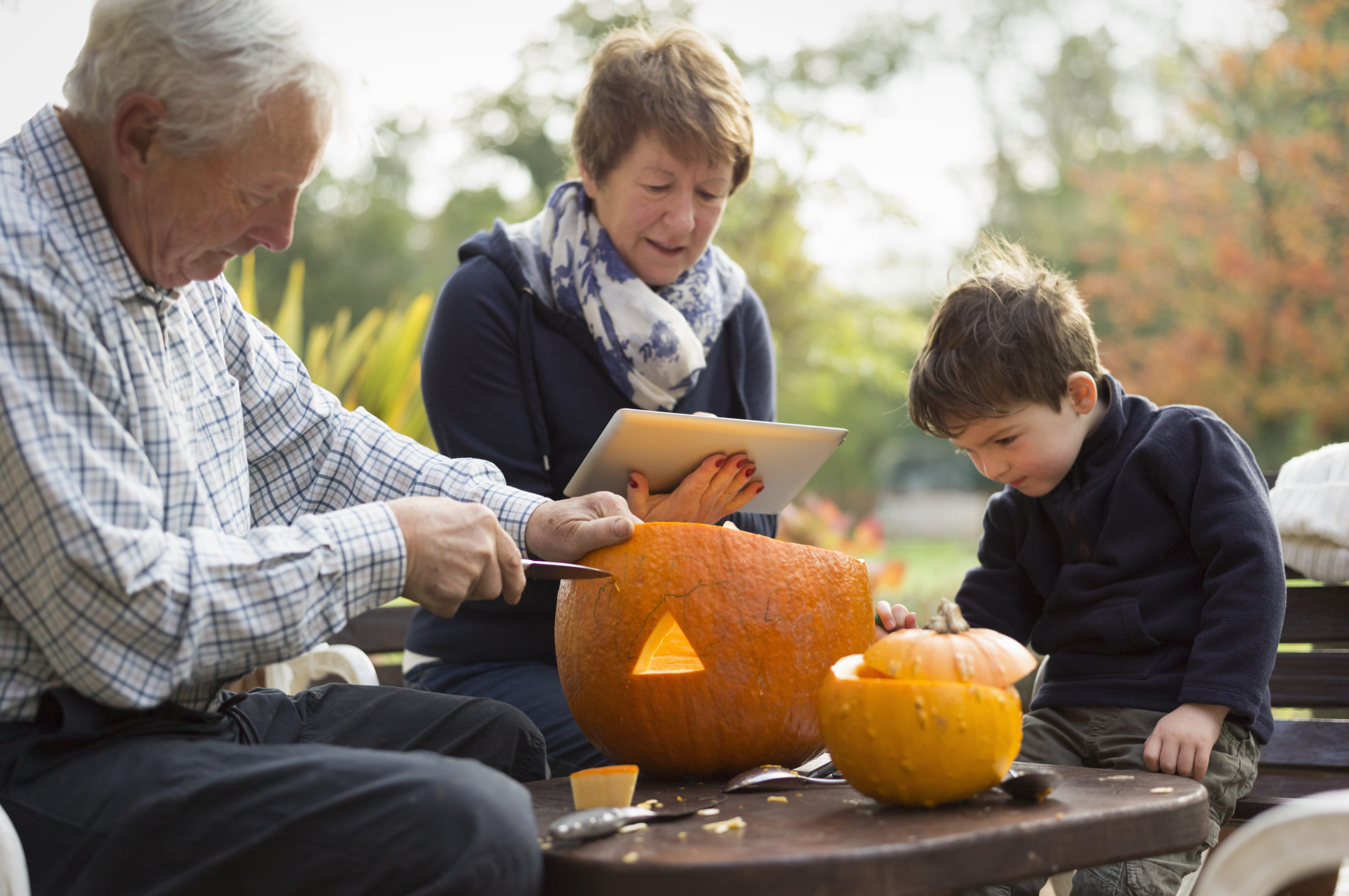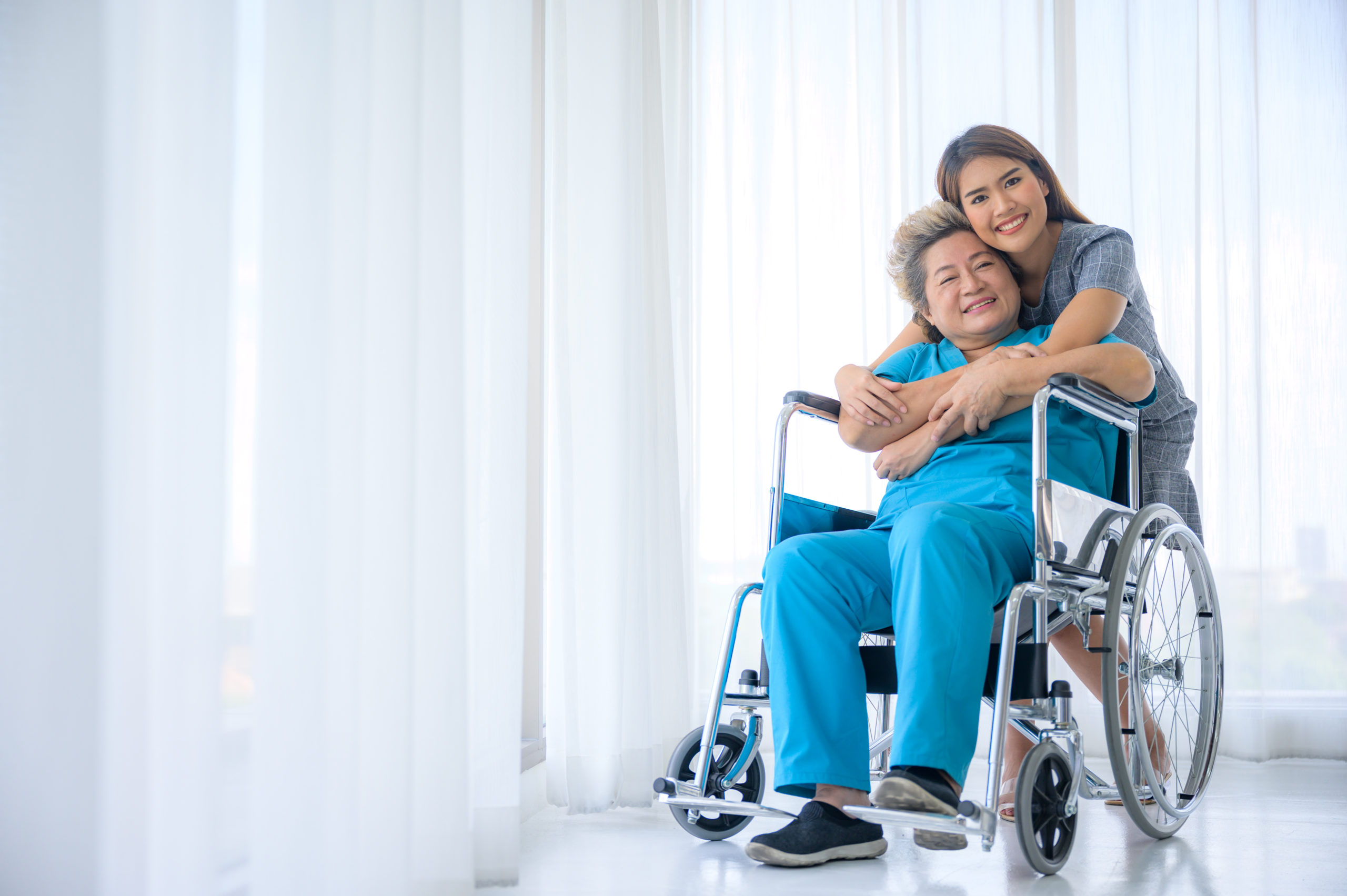A good senior skincare routine is essential for the well-being of your elderly loved ones. While it’s true year-round, senior skincare is especially important during the cold, dry months of winter. It’s also vital for seniors who have various needs or conditions regarding the skin on their face or body.
Senior Skincare is Essential
As we age, our skin changes. A healthy skincare routine changes with those needs. Finding the right products to use on senior skin is an important first step. However, with how many choices are out there, this can be an incredibly difficult first step! Additionally, there are lifestyle changes that can help skin stay healthy as a person ages. With all the choices and advice out there, how do you choose a good senior skincare routine?
The Right Stuff
One of the most important things to incorporate into a good skincare routine for seniors is keeping skin moisturized and hydrated. Skin becomes drier and thinner as we get into our senior years. It can be itchy, easily irritated, and heal a lot slower than it did when in the younger years. Baths are a great way to relieve dry skin, but they should be kept short and are not needed every day. During a bath or shower, avoid bar soaps. They can be very drying and often strip away the natural oils in skin. Use a moisturizing and gentle liquid soap, and also try to steer clear of things with heavy fragrances.
Avoid heavy friction when washing and drying your skin as well. Some water should be left on your skin to assist with moisturizing your skin after a bath or shower. End your senior skincare routine with a creamy, fragrance-free moisturizer to help replace what the soap may have stripped away. An added step to protect your skin is applying sun protectant before venturing outside. This is a key tip to protect skin at any age, even when it’s cold or overcast outside.
Get the Right Equipment
Adding a humidifier to your home will add moisture to the air to help prevent skin from drying out as well. This can be especially crucial for senior skincare in the winter. Our home environment can contribute greatly to the health of our skin and living in a drier climate can cause the skin to become dry and itchy. It can even make skin crack and bleed! A humidifier is also useful as the seasons change.
Finally, avoid using harsh chemicals that can dry and irritated your skin. Try wearing gloves while working outside in the garden or when cleaning your home to protect your hands and arms. Gloves also protect against injuries such as cuts and bruises.






